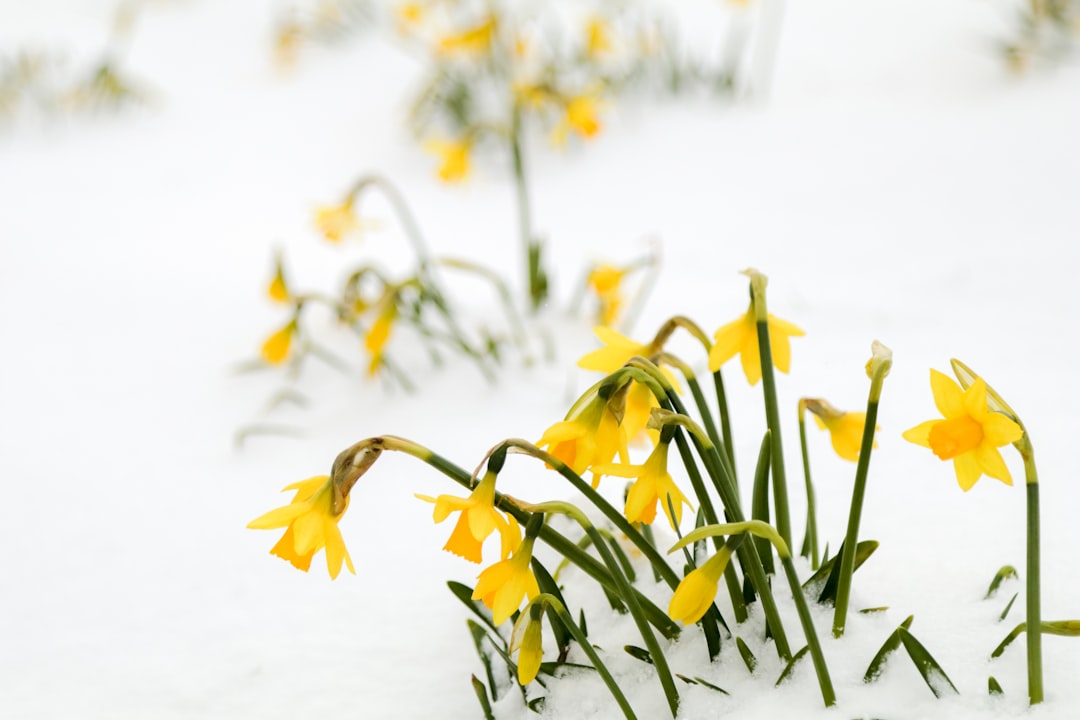Success
a parable

Kindergarten
I’ve been thinking a lot about myself, lately.
Not me now, but me as a child. I keep catching glimpses of her out of the corner of my eye, making “potions” out of bits and pieces in the garden or scribbling doodles on pages of scratch paper.
I’ve been thinking about her because someone asked me recently how long I’ve been writing, how long ago I wanted to be a writer, and when I ponder that question I always think about the little girl who painstakingly wrote out and fully illustrated a story about lions at age six or seven. (Nevermind that that story bore a striking similarity to the just-released Lion King. It was pure plagiarism. But it was still her masterpiece.)
When I was in kindergarten, I remember wanting to be a teacher when I grew up. I also vaguely remember wanting to own a ranch full of dogs. Golden retrievers, in particular.
I don’t remember thinking I wanted to be a writer, but that’s because I didn’t realize that a writer was a thing you could be. I had never met one. As far as I was concerned, books were just a fact of life. I had no idea anyone wrote them.
I sometimes wonder what it would be like if I—myself, now—was the first writer I had met, back then. If me now were to visit my childhood classroom, sit down to talk to my own kindergarten class, look myself deep in my eyes and answer my own questions.
I wonder what would impress myself. I wonder what I would think of me.

Twitching Aside The Curtain
The etymology of the word “success” has ancient roots in the concept of what lies in store after a climb, from rising up from underneath. To succeed, historically speaking, is to find yourself atop the thing you sought to ascend.
And the more I do this writing thing, the more convinced I am that I cannot succeed. Or rather, that I don’t want to.
I don’t feel like I’m climbing anything, really. That’s just simply not the analogy that fits right. Because when you climb, there’s an eventual summit. The top of the mountain. The top of the staircase. The top of the skyscraper. It ends, eventually. You win.
But I just don’t see it that way. Because I don’t ever see myself arriving.
Writing is not a climb. The closest analogy I can think of is that it is a descent underground into a holy place, one you visit every single time you pick up the pen or sit down at the computer. Sometimes you simply sit in the dark until it’s time for lunch. But sometimes…sometimes you’re allowed to twitch aside one tiny corner of the curtain that separates you from the face of God.
Is that dramatic? Okay, that’s a little dramatic.
But I don’t know. Is He not the archetype for all creatives? The One who created with a Word, a voice in the silence of space? Who hovered and brooded over the formless deep until Something was made? Are we not all teeny-tiny mirrors of that same behavior, like little chicks who copy their mother hen’s scratching in the dust whether or not they understand its meaning?
To descend into the holy place, to be allowed to twitch aside the curtain only a fraction of an inch, to rearrange the pieces and sing the bones together into Something that was not there before…it does not feel like climbing. It does not feel like arriving. It does not feel like success.
Creating defies analogy. It is unlike anything else. No metaphor quite comes close.

The Professor
When I was in fourth grade, a friend of mine suggested that I read The Hobbit. Despite being an advanced reader for my age, I found it challenging, but I was entranced by it. And when my dad saw me reading it, he asked me if I would like to read the Lord of the Rings with him, books that he dearly, dearly loved (and still does!).
So, every night for as long as it took, we would sit on the couch and he would read me a chapter or two of Tolkien’s trilogy. He was a wise guide and deft at abridgement, trimming out certain pieces that would have gone over my head, simplifying and explaining certain passages to me, bringing the whole thing to life. And I adored it. I had never read anything like it.
Frequently, I would say aloud during the reading, “How does he do that?”
And by “he”, I meant Tolkien. Even so young, I was amazed that the man could weave so delicious a spell with something as simple—and as complex—as language.
That was the first time that I remember thinking that I wanted to be a writer. That being a writer was something I could do, one day. That I could endeavor to be that kind of magician, perhaps.
I have since found other writers whose work is as meaningful to me, if not more, than the dear professor’s. But I will never forget those nights on the couch with my dad at age ten or eleven, learning the power of stories from a master.
From Tolkien to today, every writer I've ever loved has taken me deeper, added whole rooms and caverns to that hidden and holy place. They have helped me to memorize different parts of its labyrinth so that I can navigate better. So I can see in the dark.
And perhaps, to redefine success to fit me, I have to think of it like extending my hand to every me that’s ever been, from infancy on up to now, saying, “Let’s go together, down into the holy place, and see what we can see.”
The whole crowd of us, a wondering throng.
To sit together in the dark until the curtain twitches aside, and one of us can gasp and ask, “How does He do that?”
To sing over the dry bones in chorus until they knit up tale by tale, sinew by sinew.
And when we ascend—as we inevitably must—it will not be to the mountaintop, but simply up from the dark to the surface, the whole star-eyed tribe of us, back home for a cup of tea and a snuggle with the dog.
Up from under. On earth as it is in heaven.
Success, indeed.
In Case You Missed It…
Read Monday's devotional:
Moved by this piece (or simply feel like supporting my coffee habit) and want to contribute a one-time donation? Click the Tip Jar button below!
For more writings like this, subscribe for free!




“Is He not the archetype for all creatives? The One who created with a Word, a voice in the silence of space? Who hovered and brooded over the formless deep until Something was made? Are we not all teeny-tiny mirrors of that same behavior, like little chicks who copy their mother hen’s scratching in the dust whether or not they understand its meaning?”
How PERFECTLY AND BEAUTIFULLY PUT.
S.E., this is one of, if not the best essay I have read by you so far. Wonderful in it's simplicity, while describing such a complex concept of success via the magic of writing! This of course must be deeply personal, so I feel so privileged to have listened while you answered, 'how does SHE do that?' ... Thank you!